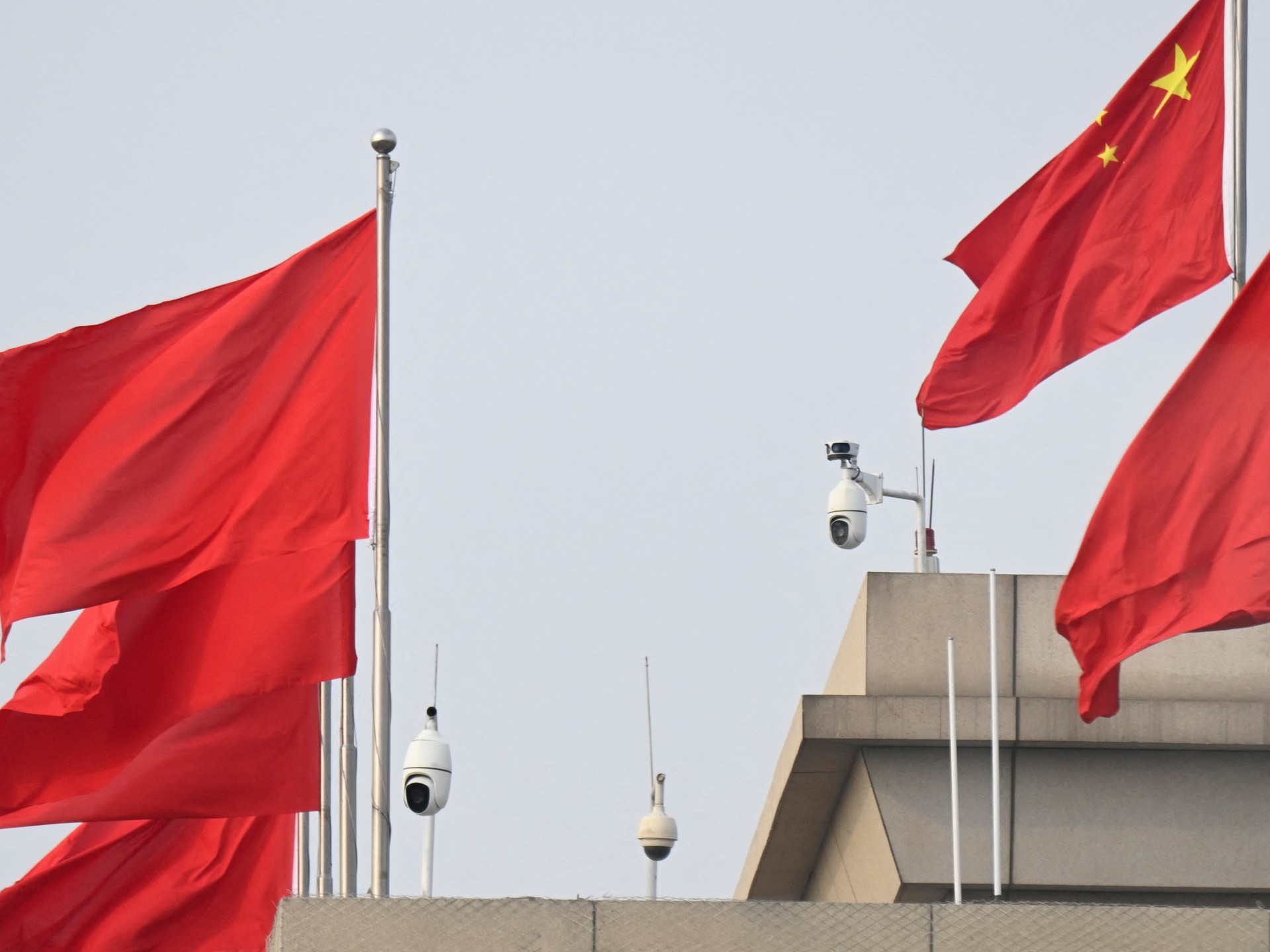
China trying to develop world ‘built on censorship and surveillance’
Al Jazeera
Rights group warns the Digital Silk Road is enabling China to export its brand of digital authoritarianism across the word.
China is exporting its model of digital authoritarianism abroad with the help of its far-reaching tech industry and massive infrastructure projects, offering a blueprint of “best practices” to neighbours including Cambodia, Malaysia and Vietnam, a human rights watchdog has warned.
In 2015, two years after kicking off its massive Belt and Road initiative, China launched its “Digital Silk Road” project to expand access to digital infrastructure such as submarine cables, satellites, 5G connectivity and more.
Article 19, a United Kingdom-based human rights group, argues that the project has been about more than just expanding access to WiFi or e-commerce.
The Digital Silk Road “has been just as much about promoting China’s tech industry and developing digital infrastructure as it has about reshaping standards and internet governance norms away from a free, open, and interoperable internet in favour of a fragmented digital ecosystem, built on censorship and surveillance, where China and other networked autocracies can prosper”, the watchdog said in a report released in April.
The 80-page report describes how the Chinese state is inextricably linked to its tech industry, a key player in the Digital Silk Road project, as private companies like Huawei, ZTE, and Alibaba serve as “proxies” for the Communist Party.
